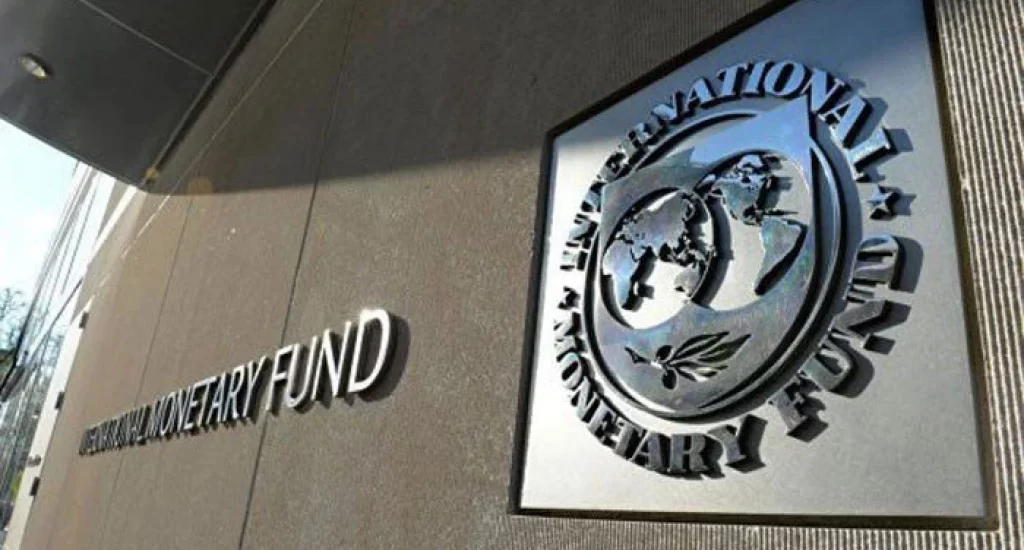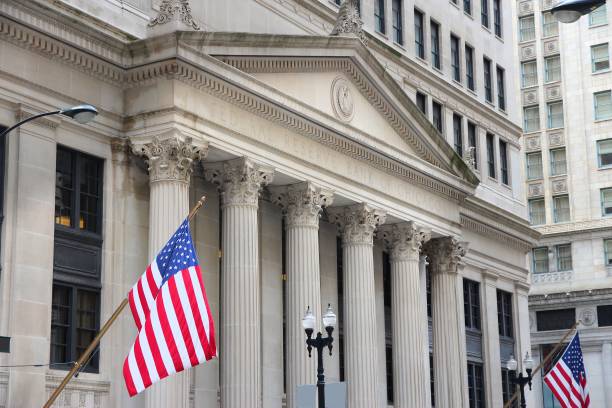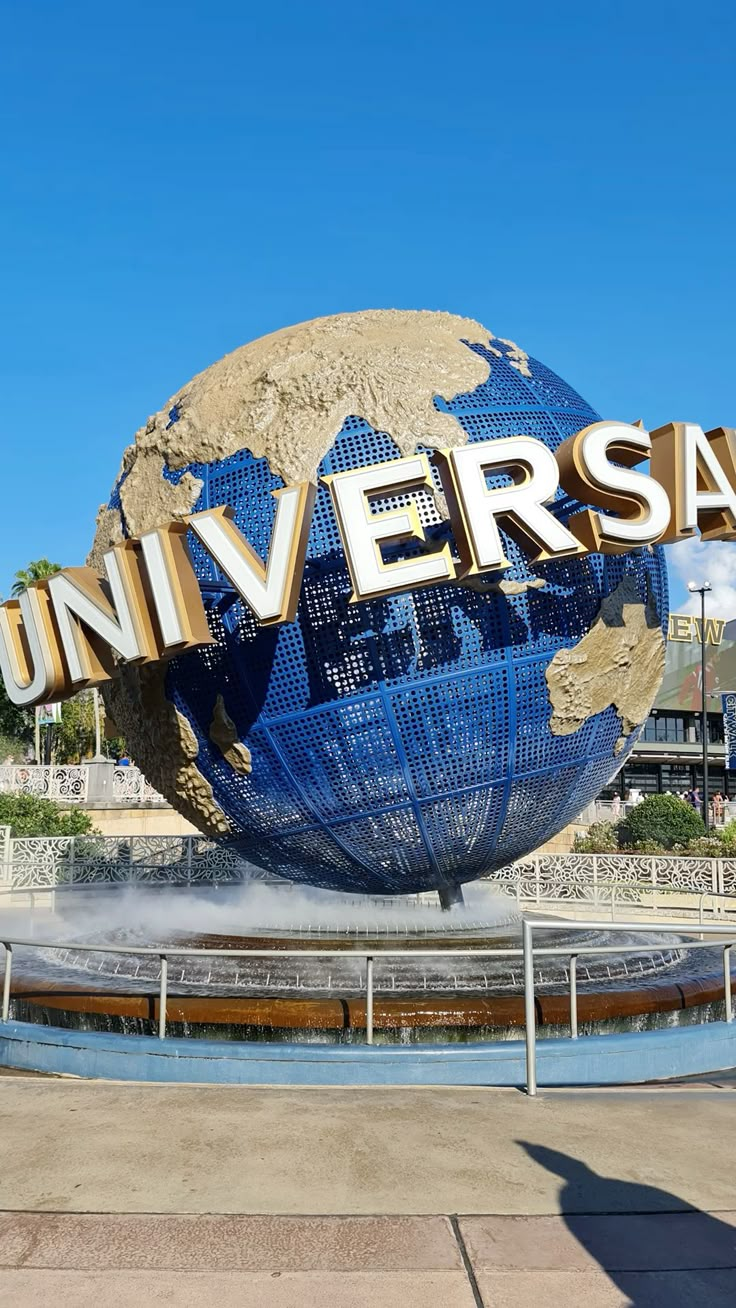
1. Understanding the ECF: What Is Ghana’s IMF Program?
In May 2023, Ghana secured a 36‑month, US $3 billion bailout under the Extended Credit Facility (ECF)—a mechanism designed to help nations stabilize economies and implement structural reforms.
The program aims to:
-
Reduce inflation and stabilize the Ghana cedi
-
Restructure public debt under favorable terms
-
Enforce fiscal discipline via spending rules and revenue targets
-
Drive long-term reform across energy, gold, cocoa sectors, and public enterprises
See: IMF press releases confirming the arrangement and progress Hot Digital Online+5AInvest+5CitiNewsroom.com+5Ministry of Finance Ghana+1Reddit+1IMF eLibrary+2Financial Times+2Hot Digital Online+2AInvest+2The Ghana Sentinel+2Hot Digital Online+2The Ghana Sentinel+2IMF+2CitiNewsroom.com+2.
2. Key Program Milestones & Reviews
✅ Third Review (December 2024)
-
Released ~$360 million after performance met expectations.
-
Economic growth rebounded, inflation fell, and external accounts improved.
Progress on domestic debt restructuring and a MoU with official creditors under the G20 Common Framework was reached IMF+7IMF+7Ministry of Finance Ghana+7.
✅ Fourth Review (April–July 2025)
-
IMF and Ghana reached staff-level agreement, unlocking $370 million, bringing total disbursements to about $2.3 billion The Ghana Sentinel+9CitiNewsroom.com+9Ministry of Finance Ghana+9.
-
Growth exceeded expectations, driven by mining, gold exports, remittances, and strong construction output. However, fiscal slippage in late 2024 triggered corrective action by the new government GNBCC+7CitiNewsroom.com+7IMF+7.
3. Why Did Program Performance Slip in Late 2024?
Despite early gains, Ghana ran into trouble due to:
-
Pre-election fiscal excesses, with over GH₵2.3 billion in unbudgeted arrears
-
Inflation rising above program targets
-
Delays in implementing structural reforms in energy, public enterprises, and fiscal management systems AInvestGNBCC+9CitiNewsroom.com+9IMF+9
In response, the government launched an audit of payables, tightened expenditure controls, and revised procurement and tax frameworks.
4. Key Features of Ghana’s Reform Agenda
Fiscal Discipline & Revenue Generation
-
Revised 2025 budget targets a 1.5% GDP primary surplus (vs. deficit in 2024)
-
New Public Financial Management (PFM) laws set debt-to-GDP cap of 45% by 2035
-
An independent fiscal council will oversee adherence to fiscal rules and improved procurement transparency GNBCC+1IMF+1IMF+7Ministry of Finance Ghana+7GNBCC+7
Monetary and Energy Sector Reforms
-
The Bank of Ghana raised policy rates and adjusted liquidity to rein in inflation
-
Electricity tariff reviews resumed and the cash‑waterfall mechanism was strengthened to reduce energy sector fiscal drains Financial Times+15Ministry of Finance Ghana+15AInvest+15
Debt Restructuring
-
Parliament recently approved a $2.8 billion debt relief deal with 25 creditor nations under G20 terms
-
External payments from Dec 2022–2026 were deferred until 2039–2043 at preferential interest rates of 1–3% Reuters
5. Benefits and Risks of the Program
✅ Potential Benefits:
-
Stabilizing inflation and fiscal deficits
-
Rebuilding foreign reserves and investor confidence
-
Avoiding a full-blown default and gaining favorable debt terms
-
Positioning Ghana for steady growth (~4–5% real GDP) Ministry of Finance Ghana
⚠️ Risks and Challenges:
-
Implementation slippage can jeopardize progress (e.g., delayed reforms)
-
Austerity could strain social programs and public services Reddit
-
Political pressure, especially during election cycles, may compete with fiscal discipline
-
Dependency on external funding if economic transformation stalls
6. What It Means for Ghanaians
-
Consumers and businesses can expect slower inflation—but loans remain expensive with high interest rates.
-
New Revenue Measures like property and corporate tax reforms may affect households and companies.
-
Long-term benefits hinge on how well reforms take root and whether new debt deals materialize as planned.
7. What’s Next?
-
Full approval expected by IMF Executive Board in early July 2025, unlocking the new funding tranche IMF+11Reuters+11Hot Digital Online+11
-
Government is finalizing debt agreements with private commercial creditors
-
Continued strengthening of PFM and transparency frameworks ahead of budget announcements
-
Regular monitoring of economic data: inflation trends, debt metrics, and sectoral reform progress
Final Thoughts
Ghana’s IMF-backed ECF program is the backbone of the country’s macroeconomic recovery post-2022 default crisis. While results so far are mixed, strong initial reform momentum and partner support may help steer Ghana toward fiscal stability and growth.
However, success will depend on discipline, transparency, and the government’s ability to deliver on structural reforms without undermining social welfare.







